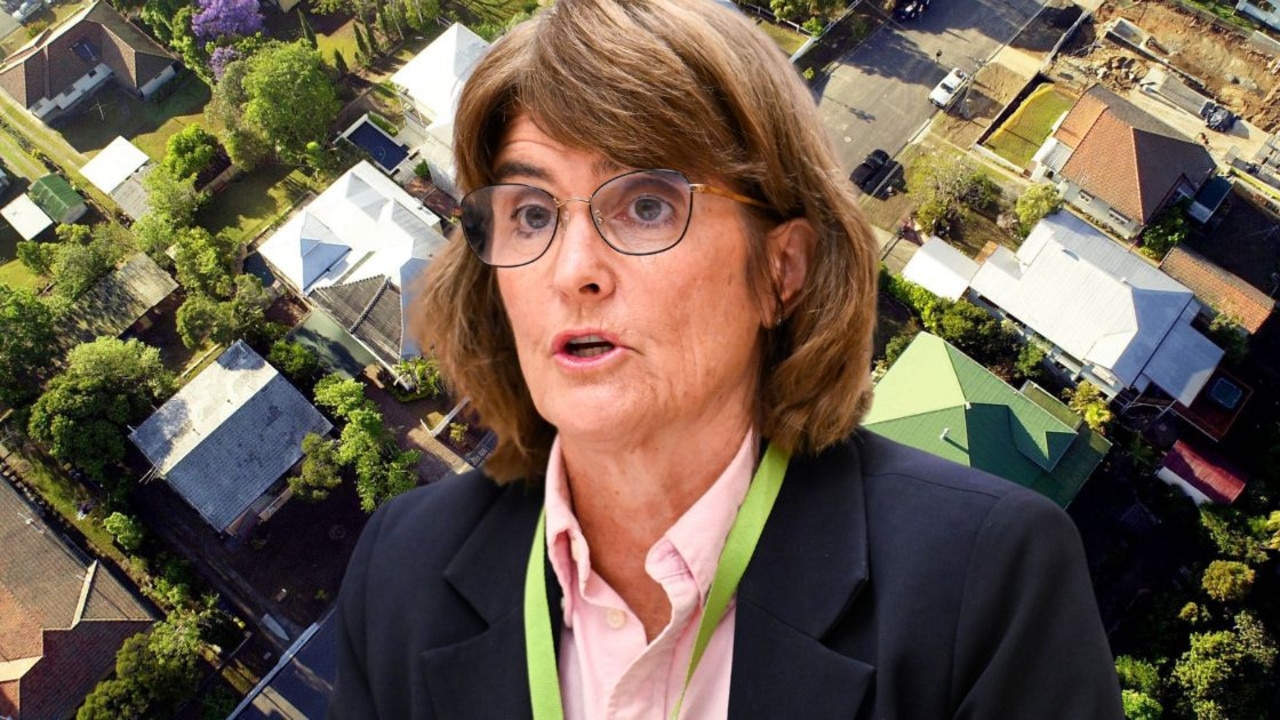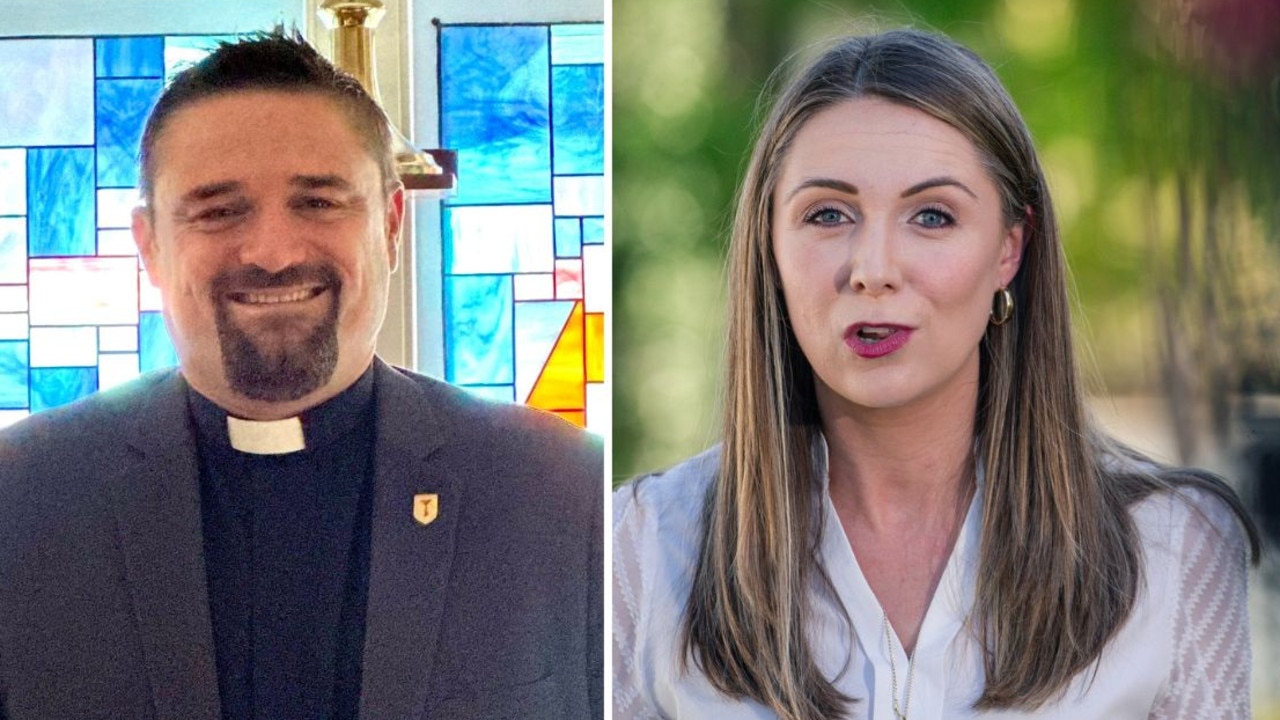Guns, strippers, shocks and refugees – 2019 had it all
Outlandish conspiracy theories, stripper scandals and a shock election result - 2019 has certainly been a colourful year for federal politics.
CM Insight
Don't miss out on the headlines from CM Insight. Followed categories will be added to My News.
WE didn’t need a leadership spill to make this year in politics as tumultuous as the last – gun and stripper scandals, the Biloela refugee family controversy and a shock election result was the equivalent of 2019 looking at its predecessor and saying “hold my beer”.
One-in-five federal politicians in Queensland were sent packing or retired in 2019, in what was a turbulent year which changed the political landscape.
As the year comes to a close, let’s take a moment to look back on the political hits and misses of the past 12 months.

From the shock election, a devastated Opposition rebuilding itself, to US Presidential connections, it’s been one hell of a toboggan ride.
It was a shaky start for the Coalition, struggling to piece itself together after a leadership spill and unsettled factional fights.
But Prime Minister Scott Morrison turned its fortunes around, taking the Coalition to a surprise victory.
Griffith University political expert Paul Williams said the final fortnight in Canberra, which saw the government’s shock defeat on its signature industrial relations laws and its Energy Minister Angus Taylor under fire for a series of missteps, marred what had otherwise been a blinder of a year.
“The Coalition didn’t put a foot wrong until the last weeks of the year. It was not the way they wanted to end it,” he said.
“It will give Labor a spring in its step in the new year.”
Mr Morrison secured an early win in getting tax cuts of up to $1080 through the Parliament, though it has failed to stimulate the economy as hoped with Australians saving rather than spending the windfall.
Labor’s shocking election campaign saw not only its surprise defeat, but delivered it its worst result in Queensland since World War II.
There was shaky start for new Opposition leader Anthony Albanese, who had to deal with an unsettled backbench and ambitious frontbenchers sniping as he quietly developed a plan behind the scenes.
He also came out strong in backing the Biloela family of Tamil refugees, whose case captivated the nation when their deportation was halted mid-flight by court order, even flying to their country town in support.
But he has failed to mention them ever since after it didn’t go down well with some voters.

Labor’s warts and all election review, followed by Mr Albanese’s first vision statement backing manufacturing jobs and a future for metallurgical coal, set him on a competitive path.
“It was a risky strategy, but what Albo and Labor were doing was trying to reconnect,” Dr Williams said.
“We’re living in unusual times so perhaps unusual tactics are required.”
Mr Morrison scored some big points, developing a close relationship with US President Donald Trump and becoming the first Australian PM since John Howard to be invited to the White House for a state dinner.
“Unlike a lot of state visits that are a flash in the pan, that has the potential to keep playing out in the narrative,” Dr Williams said.
“He’s adopted that Australian nativist language, Australia first, or America first.”

Labor secured some wins towards the end of the year, succeeding in blocking the Ensuring Integrity bill, which would have allowed courts to deregister unions and officials which repeatedly break the law, with the help of One Nation.
It also saw the government have to significantly overhaul its robo-debt after the Federal Court ruled aspects of it were unlawful, as Centrelink was unable to prove the claimed debt amounts were correct.
Minor parties had their own issues. There was strong backlash against the Greens-linked anti-Adani convoy to Clermont, which angered regional communities and saw large swings to the LNP at the election.

One Nation had repeated troubles from an Al-Jazeera documentary, which showed footage of party officials dealing with the US gun lobby, Senator Pauline Hanson raising conspiracies about the Port Arthur Massacre and its Queensland leader and Senate candidate Steve Dickson at a strip club.
The controversy ultimately ended with Mr Dickson’s resignation, but Dr Williams said Senator Hanson had largely come out unscathed.
“She’s Teflon. (But) When Hanson retires, One Nation will probably cease to exist as we know it,” he said.
HITS
– Coalition election win: Scott Morrison earned legend status in the Liberal party for the shock victory.
– Tax cuts: It was the early win the newly-elected Morrison Government needed.
– Albo’s first vision statement: After a shaky start he quietened critics within his party and set forth a strong agenda.
– Labor’s election review: The warts and all review was necessary for healing a party in mourning.
– Visiting Trump: Scott Morrison became to first Aussie PM to get a White House state dinner.
– Robo-debt: The policy Labor campaigned against was ruled unlawful by the courts.
– Medevac: What had been an embarrassing loss for the government in February became a victory to end the year on.
MISSES
– ALP Election loss: Labor’s worst loss since World War II left the party reeling.
– Tamil family: Anthony Albanese strongly backed this cause, before going silent after it failed to connect with voters.
– Angus Taylor: From bad tweets, dodgy stats, trouble on emissions reduction and conflict of interest questions, this Minister has caused the government troubles.
– Ensuring Integrity bill: After being confident of a win, this became an embarrassing loss for the Coalition on a signature policy.
– Leadership woes: The National party has been stirring with backbench unrest over its leader and deputy leader, which will carry on to the new year.
– Anti-Adani convoy: This Greens stunt backfired and saw a strong swing to the Coalition.


